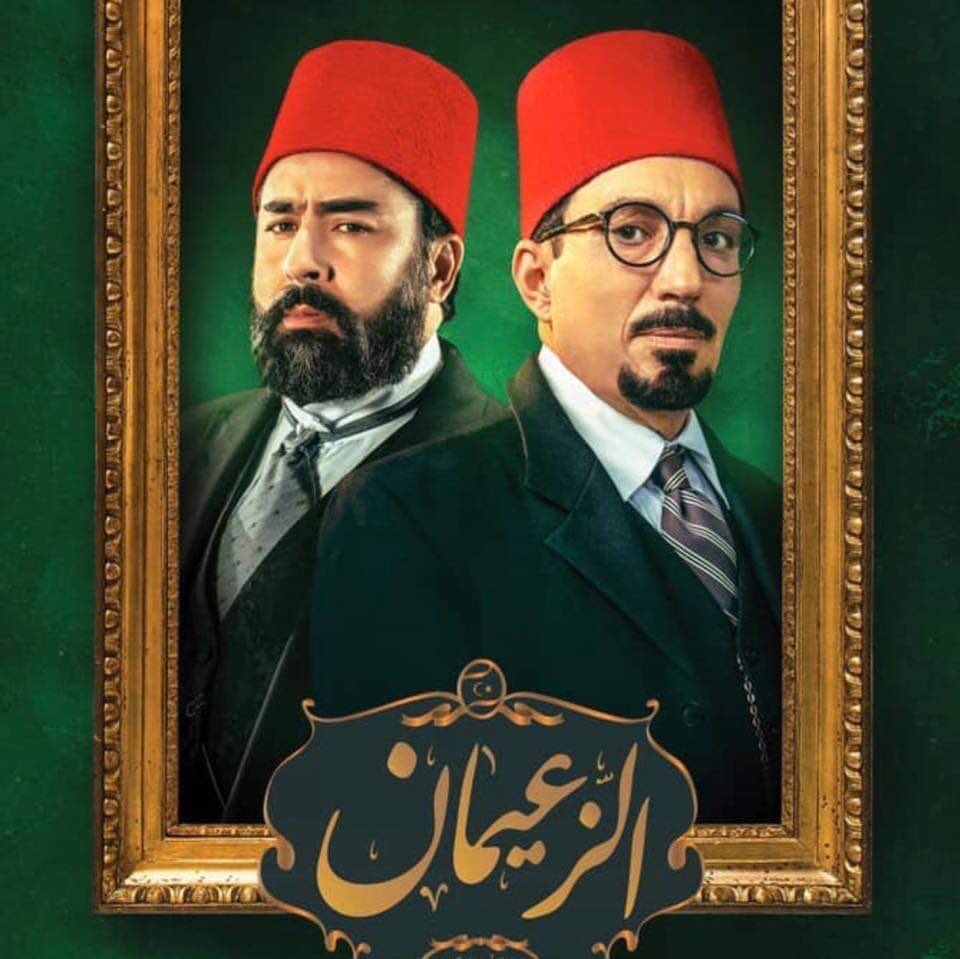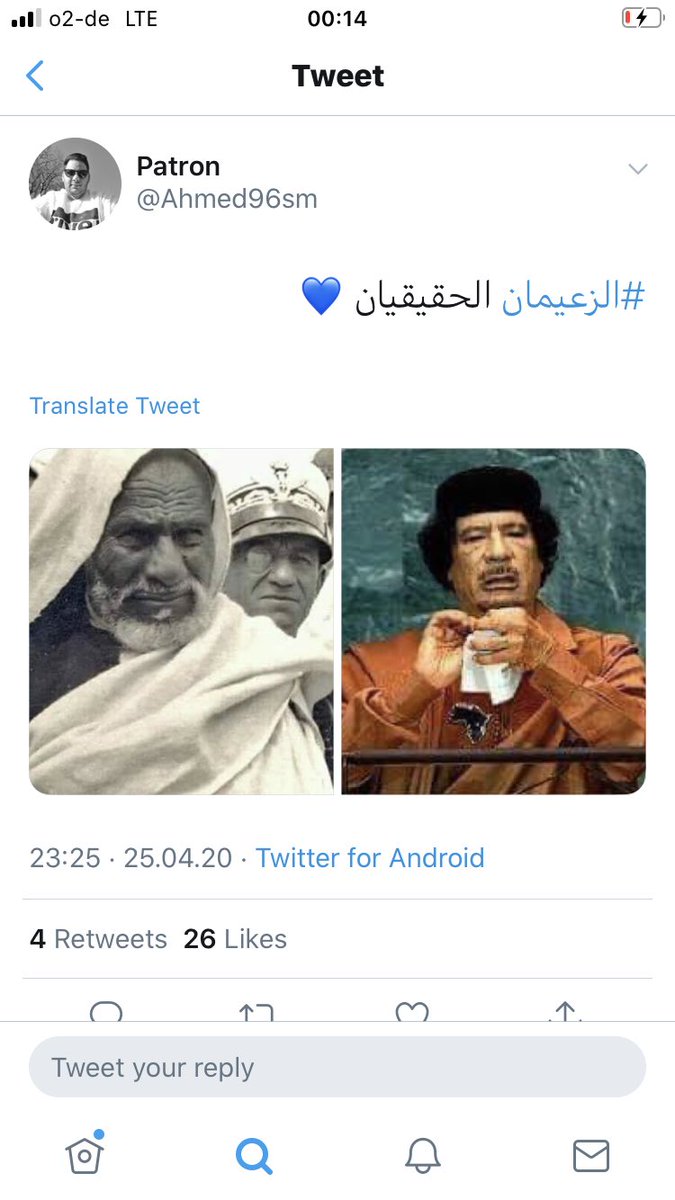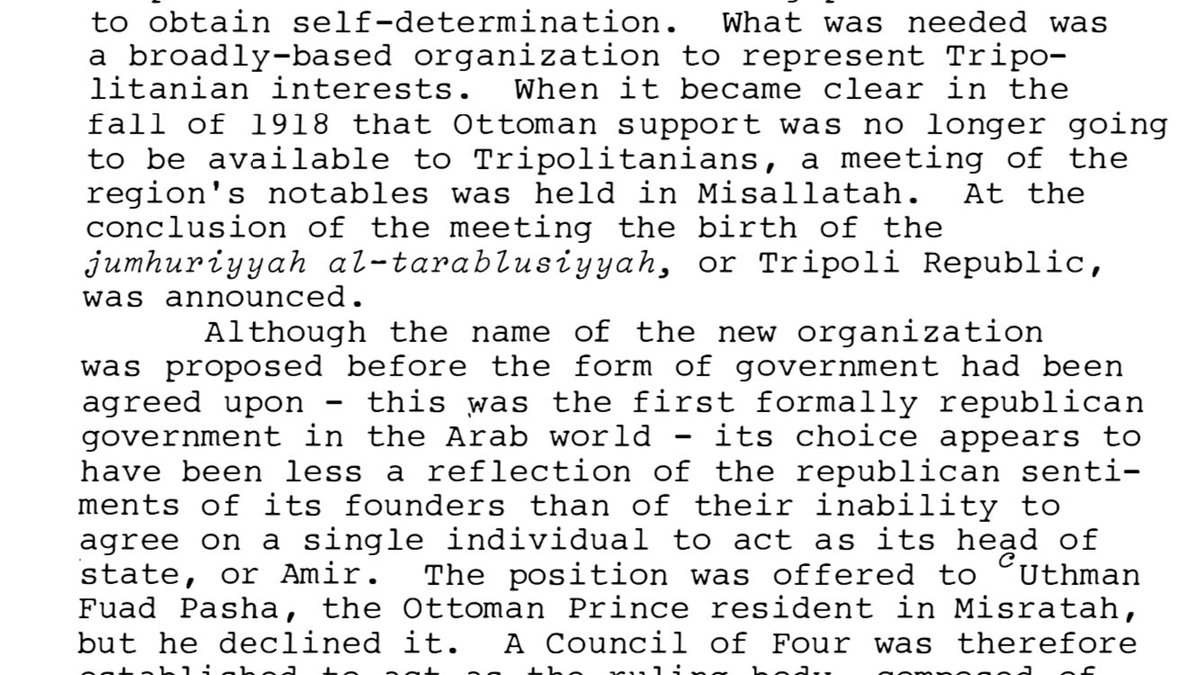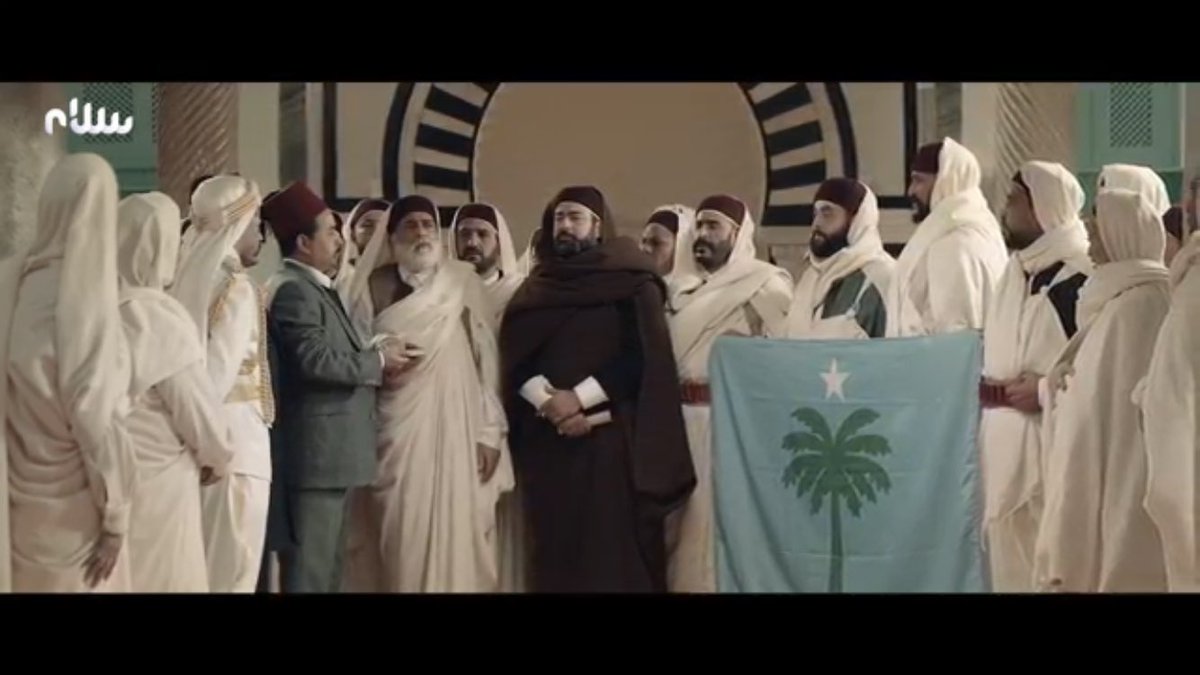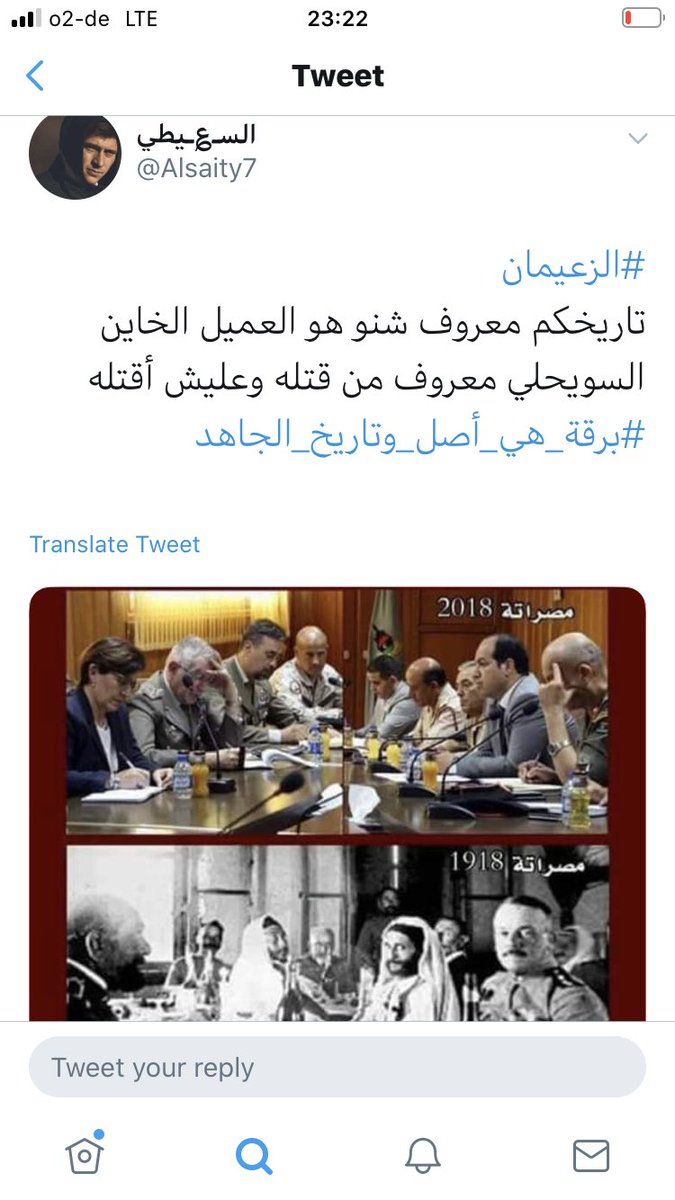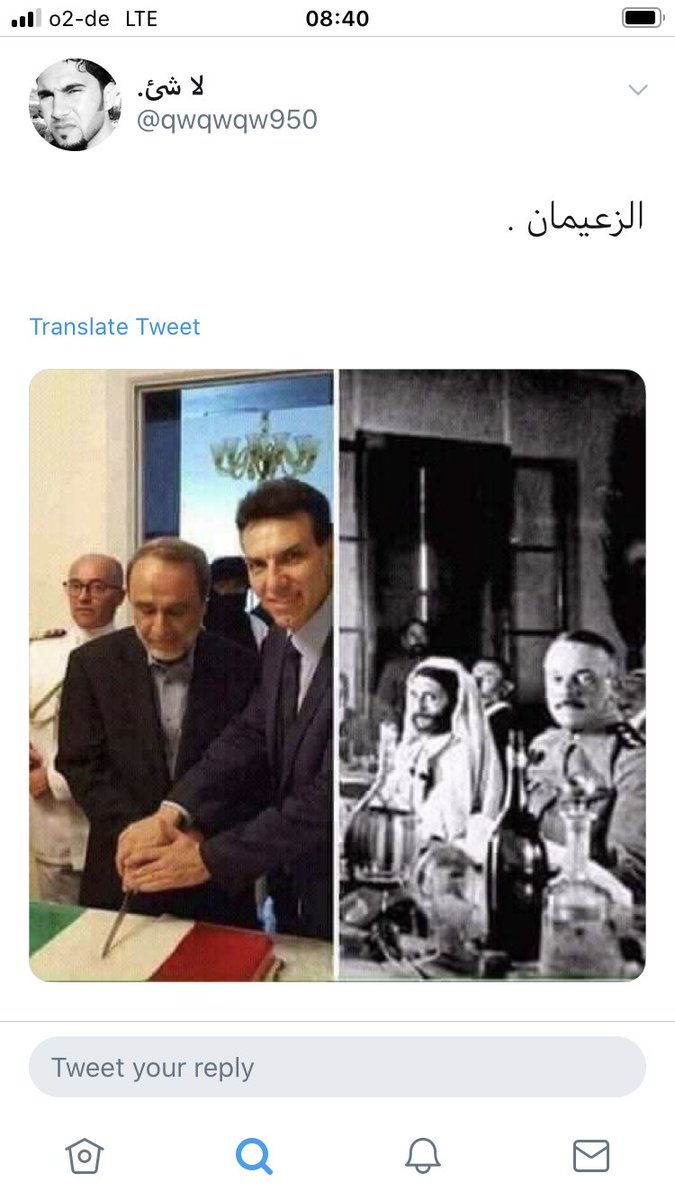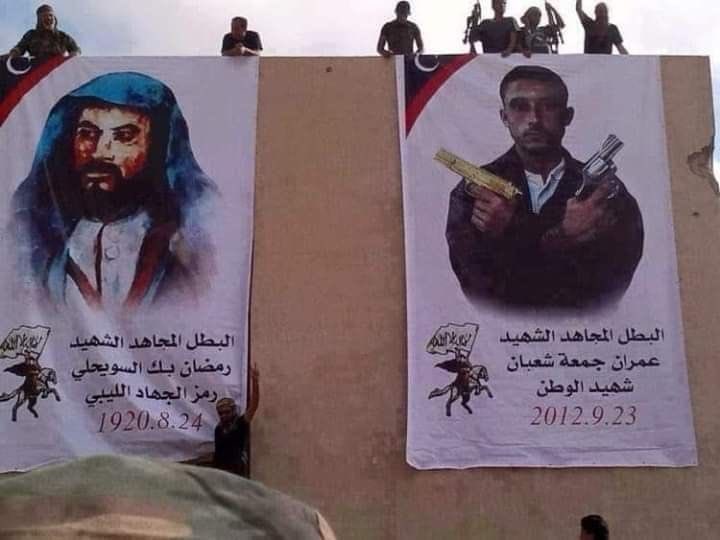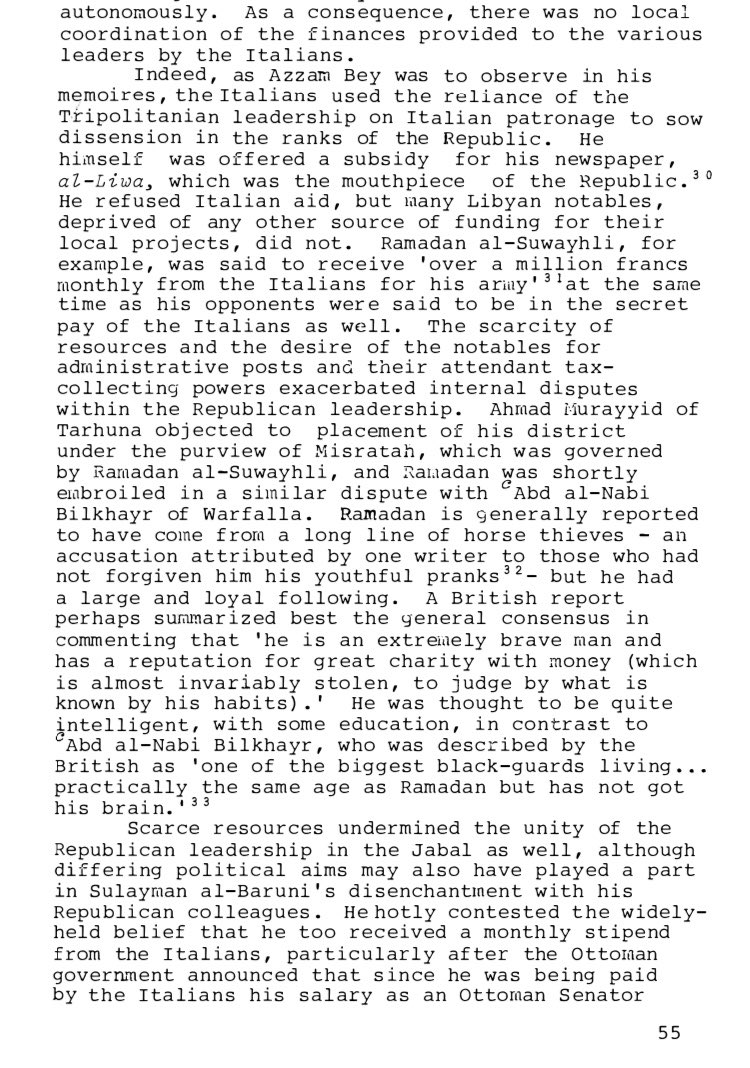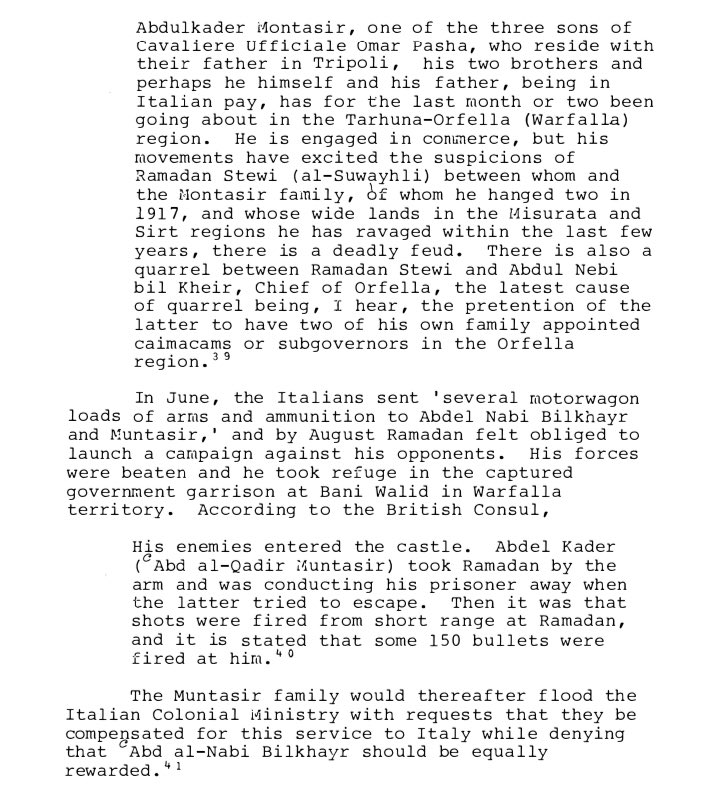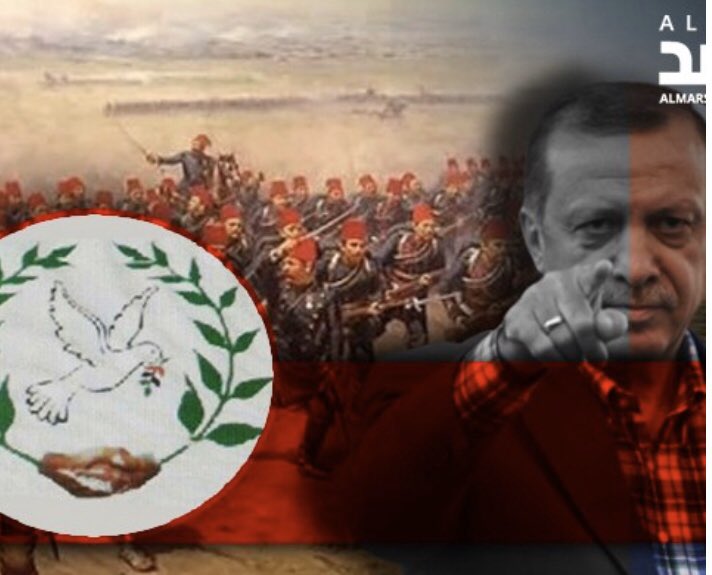Civil war, contested historiography, and a Ramadan TV series in #Libya.
Since Friday, the Ramadan TV series الزعيمان (the two leaders) has polarized opinion on Libyan social media and provoked a polemic over the role of historical figures of the early 20th century.
Since Friday, the Ramadan TV series الزعيمان (the two leaders) has polarized opinion on Libyan social media and provoked a polemic over the role of historical figures of the early 20th century.
The series focuses on the role of Tripolitanian leaders in the anti-colonial struggle.
It seeks to provide a counter-narrative to the dominance of the Sanussiya and Omar al-Mukhtar (i.e. eastern Libyan leaders) in Libyan iconography.
This has provoked some angry reactions.
It seeks to provide a counter-narrative to the dominance of the Sanussiya and Omar al-Mukhtar (i.e. eastern Libyan leaders) in Libyan iconography.
This has provoked some angry reactions.
The series also rather obviously tries to harness history to serve an anti-Haftar agenda.
It heroizes the resistance against foreign forces attacking Tripoli - a Tripolitanian (i.e. western Libyan) resistance that seemingly upheld republican ideals, eschewing single-man rule.
It heroizes the resistance against foreign forces attacking Tripoli - a Tripolitanian (i.e. western Libyan) resistance that seemingly upheld republican ideals, eschewing single-man rule.
The series’ producers appear anxious to emphasize the common purpose of Tripolitanian leaders, and downplay the divisions between them. They bend history to send a political message.
(In fact, rifts were significant - see below from Lisa Anderson’s “The Tripoli Republic”).
(In fact, rifts were significant - see below from Lisa Anderson’s “The Tripoli Republic”).
The series opens with the 1918 founding of the Tripoli republic in Mesallata (note the flag). This appears to have struck a chord with many.
The ongoing civil war has deepened rifts between eastern and western Libya, and it is easy to see such scenes as propagating secession.
The ongoing civil war has deepened rifts between eastern and western Libya, and it is easy to see such scenes as propagating secession.
The series’ political agenda becomes even more obvious when considering that its producer is Walid al-Lafi.
Formerly the director of al-Naba TV, he now runs the staunchly anti-Haftar @FebruaryChannel as well as the channel that broadcasts the series, @network_salam.
Formerly the director of al-Naba TV, he now runs the staunchly anti-Haftar @FebruaryChannel as well as the channel that broadcasts the series, @network_salam.
Another debate relates less directly to political divides: the choice of standard Arabic over Libyan dialect & Tamazight.
This choice is probably at least in part stylistic & ideological, though it may also be due to the fact that the cast includes non-Libyan actors.
This choice is probably at least in part stylistic & ideological, though it may also be due to the fact that the cast includes non-Libyan actors.
But most controversy has centered on the figures heroized by the series. Broadly speaking, the pro-Haftar camp and ex-regime supporters have resorted to attacking the heroes of the series - like Suleiman al-Baruni and Ramadan Sweihli - as traitors and collaborators.
This is unsurprising: since 2011, the legacy of historical figures has been heavily contested in Libya.
Their roles are being reinterpreted in the light of the ongoing struggles, and on the basis of the current faultlines between local constituencies.
Their roles are being reinterpreted in the light of the ongoing struggles, and on the basis of the current faultlines between local constituencies.
Even the most ambitious TV series would have a hard time telling the real story of side-switching and double-dealing that played out in Tripolitania after 1911.
Most leaders were on the Italian payroll at some point, and the Italians ruthlessly exploited rivalries between them.
Most leaders were on the Italian payroll at some point, and the Italians ruthlessly exploited rivalries between them.
The Tripoli republic should serve as a tale for the anti-Haftar alliance. The polity was short-lived; it rapidly dissolved into factional fighting. The invaders eventually prevailed.
But surely the producers found a way to send a more positive message.
But surely the producers found a way to send a more positive message.

 Read on Twitter
Read on Twitter